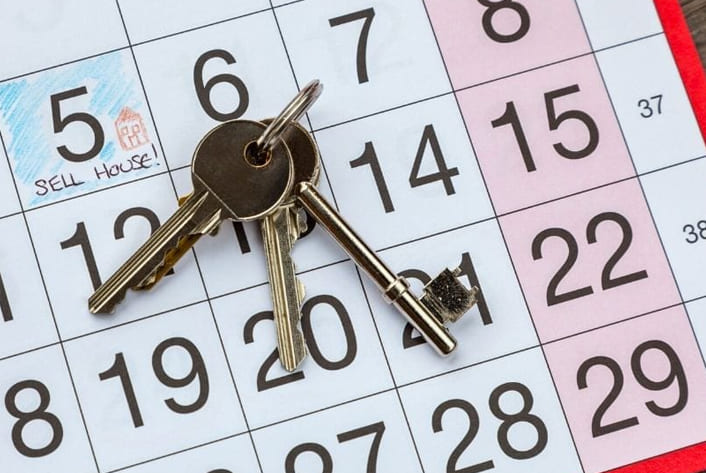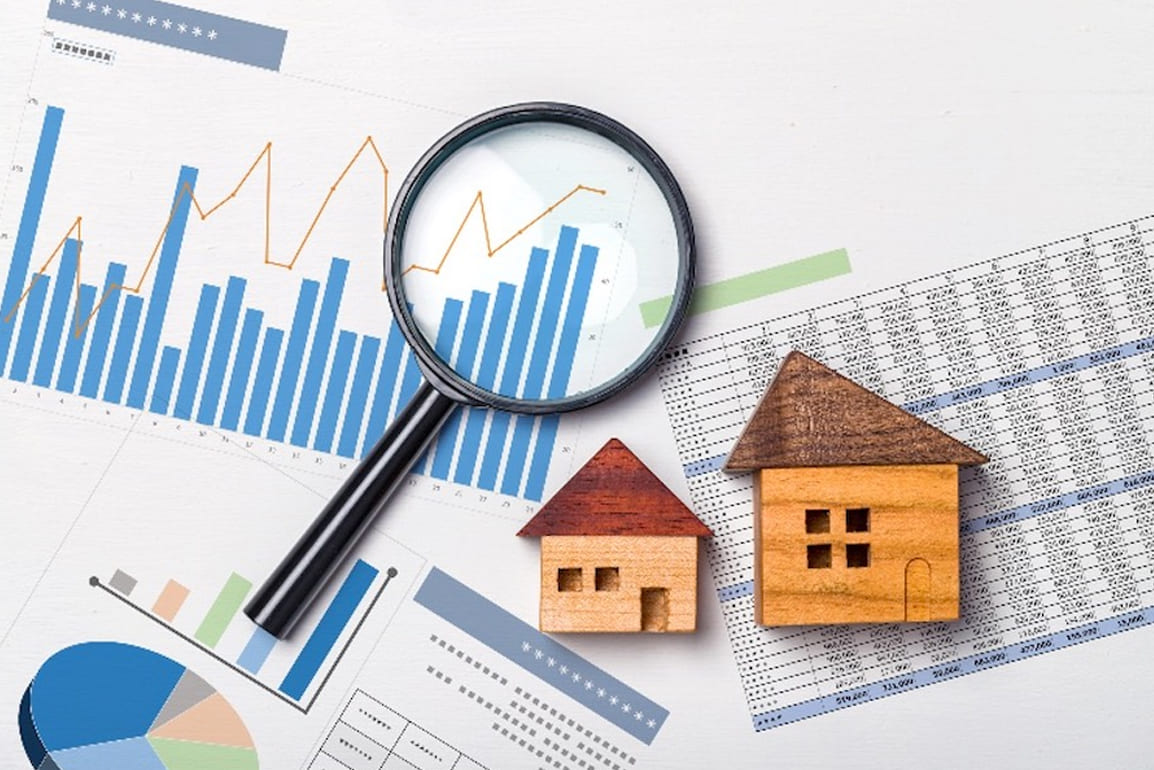Other Ways to Sell
You don’t need to use an estate agency to sell your property - and, indeed, if you wish things to move quickly, it may be best not to.
In order to get your property sold fast - and therefore gain access to the funds required to buy your new home at the right time - you may decide to sell at auction rather than use a traditional high street estate agent.
Typical estate agents take many months to sell property - particularly as they need to attract interest from buyers, set up viewings, liaise with both your solicitor and the buyers’ and handle a range of paperwork.
This method also runs the risk of sales falling through, or lengthy chains causing the process to drag on for many months.
Auctions, on the other hand, take place over a set time period - at the end of which, you are much more likely to have a confirmed buyer for your home.
Traditional auctions are usually the quickest, as bidding usually takes place at a set time on a single day, at the end of which the winning bidder must enter a legally binding contract to purchase the property. This must be done within a certain time frame - usually 28-30 days.
Modern method auctions take slightly longer, as they tend to involve a property being listed online for several weeks, with bidding possible for as long as that listing remains “live”.
The buyer then has a set period - also usually of 28 days - to undertake actions such as applying for a mortgage, instructing a solicitor and arranging surveys and checks. Once this is done, they usually have another 28 days to complete.
If any issues arise between the time the gavel falls and the date given for completion, it is possible for the sale to fall through or the buyer to drop out, as modern method auctions are “conditional”.
Another alternative is the use of a “we buy any house” or “fast cash buying” company. These organisations will make an immediate cash offer for your property and can purchase in days or weeks instead of months.
They are able to complete the process so quickly because the organisation buys directly from the seller, removing the need to wait for buyers to place offers or for chains to complete.
It is important to note that fast home buying companies are unable to make offes of 100% market value - as their business model requires that they purchase at a discounted rate and sell on the open market in order to make a profit.
For this reason, you are most likely to receive an offer of between 70 and 85% of your home’s value if you choose this route.
However, companies of this kind often waive agency and valuation fees and cover legal costs on behalf of their clients to make their services more cost effective and attractive to potential vendors.
Always check that your chosen organisation is a member of the National Association of Property Buyers (NAPB) and/or The Property Ombudsman Scheme (TPOS) and look at their reviews on sites like Trustpilot, Reviews.io, allAgents and Feefo before you commit to using them.











